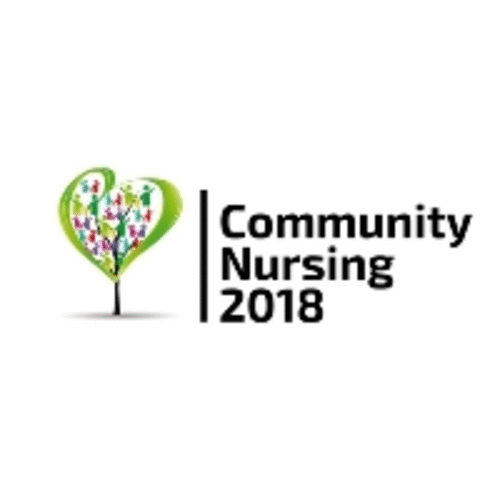
Biography
Biography: Gina Granger
Abstract
Nursing is one of the largest workforces in the world and professional nursing has to keep up with many changes in healthcare. The modern professional nurse is not only a bedside carer; but also a leader, interdisciplinary team member, follower when necessary, role model and mentor, educator, researcher and quality improvement agent. Florence Nightingale (1820-1910) was the pioneer of professional nursing, who provided us with nursing concepts that are still valid in professional nursing today. She defied Victorian customs by refusing to marry at 17 years of age and becoming a nurse (a very frowned-upon career for a lady from an English upper-class family in those days). The concepts implemented by Nightingale (infection control, self-care, assessment, therapeutic communication, spiritual nursing and public health advocacy) are still practiced in modern healthcare. Her work raised nursing from a lowly to a respectable profession in all levels of society. Assessments form the core of nursing care, as all nursing interventions are based on them. The humanity and compassion displayed by Nightingale must remain at the core of modern nursing. Community and home care nurses work more autonomously with patients and families than acute care nurses and nursing leadership in this type of care delivery is very important. The nurse has to be the link between patients and caregivers and other team members as he/she spends more time with the patients and has a better understanding of the patient and family needs in the home environment. Nurses need to be assertive and speak up for patients with clear communication to ensure that patient and family needs are met. It will give an overview of the history of professional nursing as well as the ICN Code of Ethics for Nurses; and discuss how both influence professional nursing.

